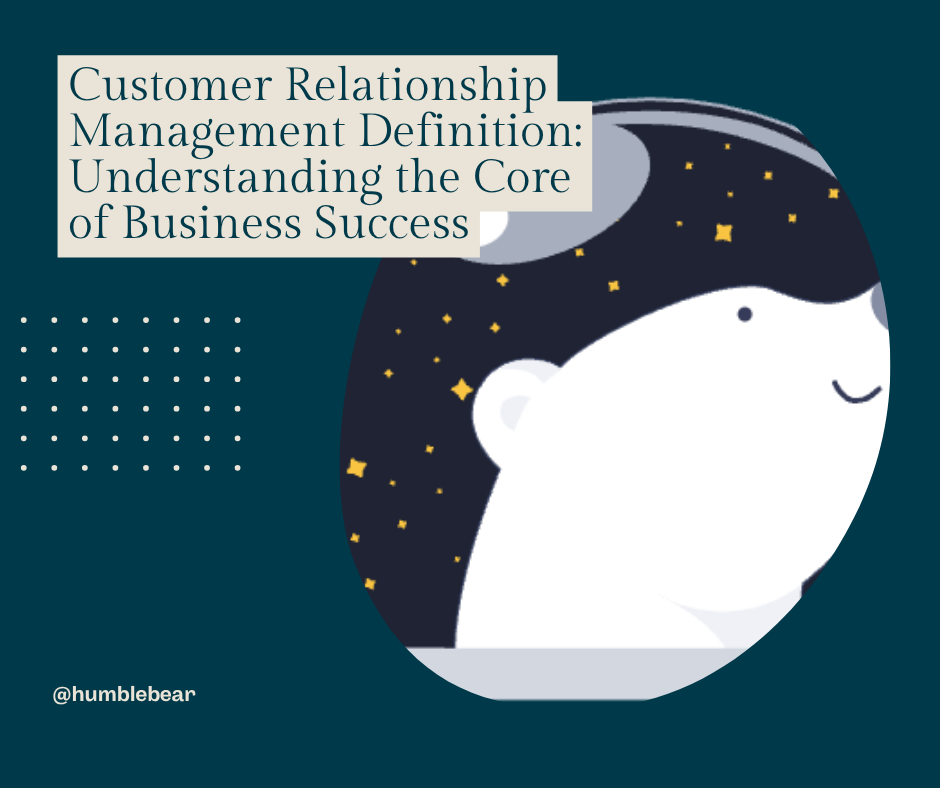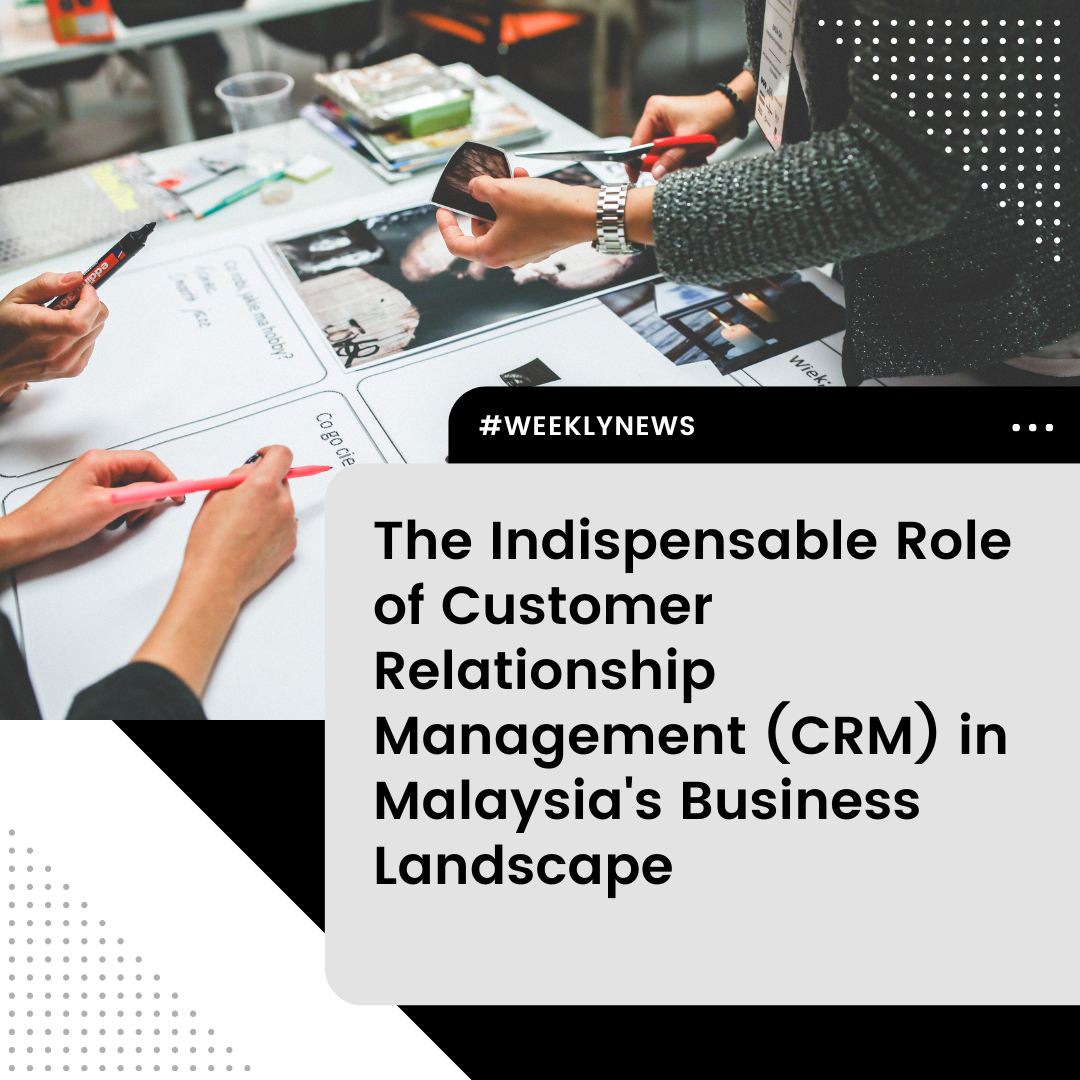Understanding Cloud Customer Relationship Management (CRM) Systems: B2B vs. B2C

Customer Relationship Management (CRM) systems are essential tools for businesses to manage interactions with their customers effectively. With the rise of cloud technology, CRM systems have become more accessible and powerful. However, the needs of B2B (Business-to-Business) and B2C (Business-to-Consumer) companies differ significantly, leading to different CRM solutions tailored to each market.
B2B CRM Systems
B2B CRM systems are designed to manage relationships with other businesses. These systems are typically more complex and feature-rich to handle the longer sales cycles, larger deal sizes, and multiple stakeholders involved in B2B transactions. Key features of B2B CRM systems include:
Lead and Contact Management: Efficiently track and manage leads and contacts, often integrating with LinkedIn and other business directories.
Sales Pipeline Visualization: Visualize the sales pipeline to monitor progress and identify bottlenecks.
Email and Web Tracking: Track interactions with leads through email and web activity.
Account Management: Manage multiple accounts and contacts within an organization.
Reporting and Analytics: Generate detailed reports and analytics to inform strategic decisions.
Integration with Other Tools: Integrate with other business tools such as marketing automation, ERP systems, and project management software.
Popular B2B CRM systems include Humblebear CRM, Salesforce, HubSpot, and Zoho CRM. These platforms offer robust features to support complex business relationships and large-scale sales processes.
B2C CRM Systems
B2C CRM systems, on the other hand, are designed to manage relationships with individual consumers. These systems focus on mass marketing, high lead generation, and repeat purchases. Key features of B2C CRM systems include:
Customer Data Management: Store and manage large volumes of customer data, including purchase history and preferences.
Personalized Marketing: Create targeted and personalized marketing campaigns to engage individual customers.
Customer Support: Provide efficient customer support through various channels such as email, chat, and social media.
Sales Automation: Automate sales processes to handle high volumes of transactions and leads.
Customer Feedback: Collect and analyze customer feedback to improve products and services.
Social Media Integration: Integrate with social media platforms to reach and engage customers.
Popular B2C CRM systems include Salesforce Marketing Cloud, HubSpot, and Zoho CRM. These platforms are designed to handle large customer bases and provide tools for effective customer engagement and retention.
Comparing B2B and B2C CRM Systems
While both B2B and B2C CRM systems share the common goal of managing customer relationships, their approaches and features differ significantly:
Complexity: B2B CRM systems are more complex due to the longer sales cycles and larger deal sizes. B2C CRM systems focus on high-volume transactions and quick sales cycles.
Target Audience: B2B CRM systems target other businesses, while B2C CRM systems target individual consumers.
Sales Cycle Length: B2B sales cycles are longer and involve multiple stakeholders, whereas B2C sales cycles are shorter and involve individual buyers.
Personalization: B2C CRM systems emphasize personalized marketing and customer engagement, while B2B CRM systems focus on managing complex business relationships.
Integration: B2B CRM systems often integrate with other business tools and platforms, while B2C CRM systems focus on marketing and customer support tools.
In conclusion, choosing the right CRM system depends on the specific needs of your business. B2B companies require robust, feature-rich systems to manage complex relationships, while B2C companies need systems that can handle high volumes of customer interactions and personalized marketing campaigns. By understanding these differences, businesses can select the CRM system that best fits their requirements and helps them achieve their goals.











